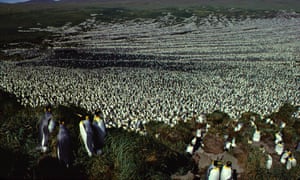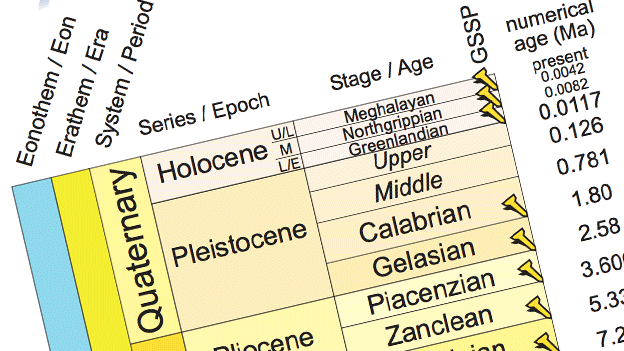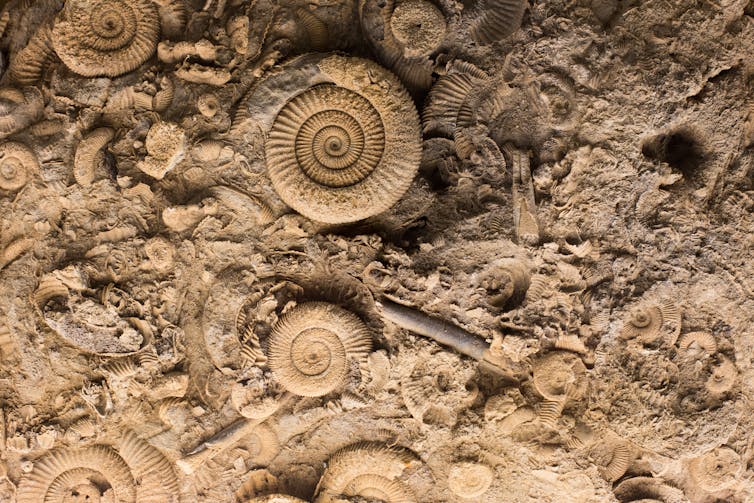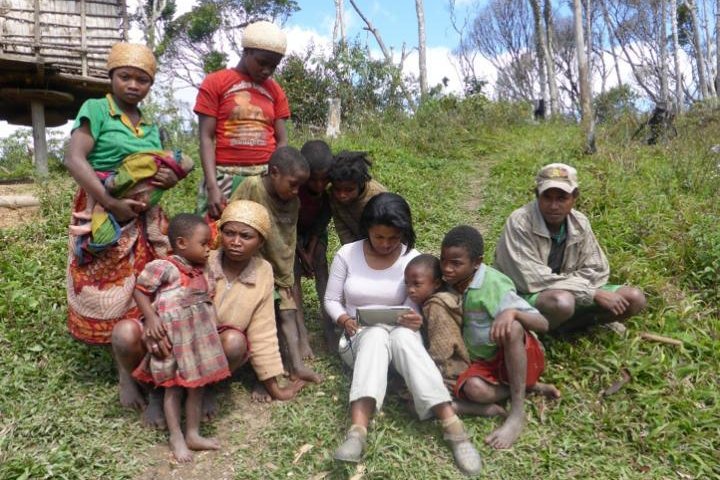“World’s largest king penguin colony has declined by 90%”

https://www.theguardian.com/world/2018/jul/30/worlds-largest-king-penguin-colony-has-declined-by-90
Number of king penguins on the remote Île aux Cochons has fallen from 2m to 200,000, warn scientists
“Scientists: Border wall could threaten endangered species, environment”

The variety of habitat and ecosystems found along the U.S.-Mexico border make the region uniquely biodiverse.
“The Case For Introducing Rhinos To Australia”

http://econintersect.com/pages/opinion/opinion.php?post=201807212320
Rhinos in Australia might seem like an insane proposition – after all, we’ve had historically bad luck with introduced species. But on reflection it’s not quite as crazy as it sounds.
“Welcome to the Meghalayan Age – a new phase in history”

https://www.bbc.com/news/science-environment-44868527
Geologists have classified the last 4,200 years as being a distinct age in the story of our planet.
They are calling it the Meghalayan Age, the onset of which was marked by a mega-drought that crushed a number of civilisations worldwide.
The International Chronostratigraphic Chart, the famous diagram depicting the timeline for Earth’s history (seen on many classroom walls) will be updated.
The Meghalayan, the youngest stage, runs from 4,200 years ago to the present. It began with a destructive drought, whose effects lasted two centuries, and severely disrupted civilisations in Egypt, Greece, Syria, Palestine, Mesopotamia, the Indus Valley, and the Yangtze River Valley.
It was likely triggered by shifts in ocean and atmospheric circulation.
“The world’s biggest farms pollute more than any oil company”

The world’s biggest meat and dairy operations combined pump more greenhouse gas into Earth’s warming atmosphere than any one of the largest fossil-fuel giants.
“As Seas Rise, Americans Use Nature to Fight Worsening Erosion”

Rising costs from flooding and erosion are prompting Americans, military bases and government agencies to opt for more natural alternatives. State and federal governments are changing permitting rules and taking other steps to encourage the switch, which can improve water quality, support fisheries and protect against storms and rising seas.
“Extinction Is A Natural Process, But It’s Happening At 1,000 Times The Normal Speed”

The northern white rhino will surely be mourned, as would other stalwarts of picture books, documentaries and soft toy collections. But what about species of which of which we are less fond – or perhaps even entirely unaware? Would we grieve for obscure frogs, bothersome beetles or unsightly fungi? Extinction is, after all, inevitable in the natural world – some have even called it the “engine of evolution“. So should extinction matter to us?
“World’s poorest shoulder cost of tropical conservation”

Conserving tropical forests is an essential part of the fight to slow climate change. Tropical forest conservation benefits everyone, but the economic burden is mostly shouldered by some of the world’s poorest people.
“Bugs Are Coming Soon to Your Dinner Table”

https://www.bloomberg.com/graphics/2018-insects-as-food/
Insects, already part of the diets of 2 billion people, mainly in Asia, are set to reach more dining tables as consumer concern about the environmental and social costs of producing beef, pork and poultry overrides the yuck factor of eating bug-filled burger. Using little land and emitting a fraction of the greenhouses gases generated by cattle, that appeal will grow as a surging population stretches scarce global resources.
“Saving the Mediterranean with Yellow Ducks”
How to bring home the sheer volume of plastic waste in the oceans? Fill the bay of Cannes with yellow plastic ducks.
Recent Comments